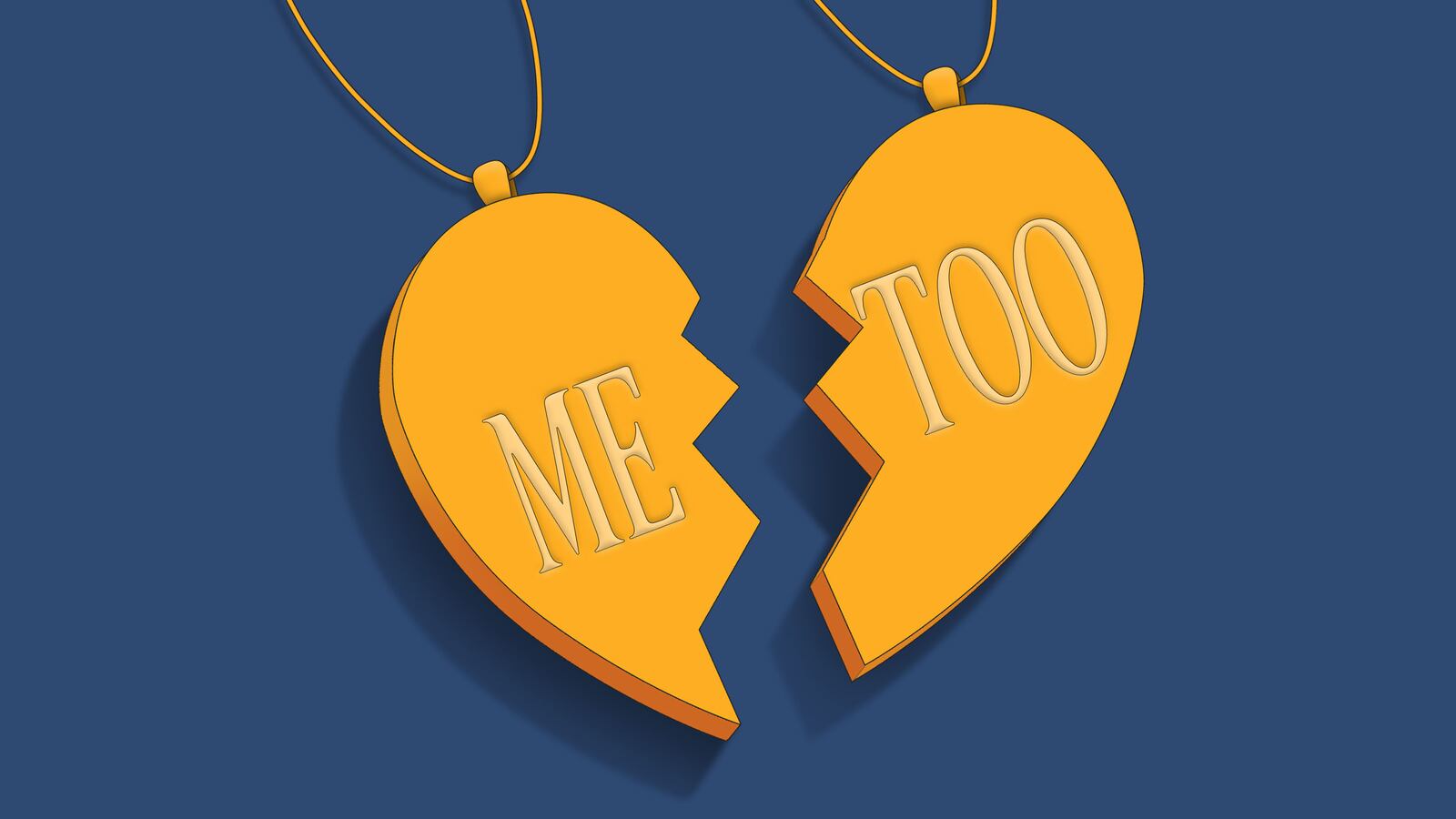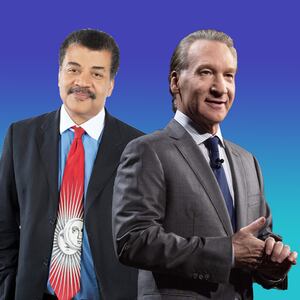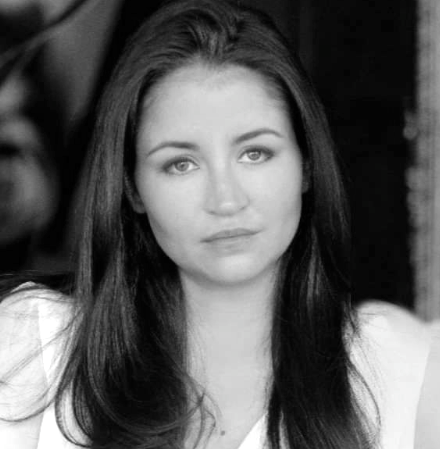Five years before #MeToo hit Twitter, the blogger Cliff Jerrison coined one of the most important allegories about harm in social groups when he described a community as a house and someone with a pattern of harm as a structural danger within. Those who live in the house know about the danger and have developed methods to get around it, but those who visit aren’t always told about it or taught the workaround, and as a result, some of them get hurt.
After learning that someone with a history of harm was regularly invited to parties, Jerrison posted about the situation on his blog. He was surprised when, despite not mentioning names, he received numerous emails from community members who knew exactly who he was talking about.
“I think there were some people in the community who were intentionally protecting him,” Jerrison wrote. “But there were more who were de facto protecting him by treating him like a missing stair. Like something you’re so used to working around, you never stop to ask, ‘What if we actually fixed this?’ Eventually you take it for granted that working around this guy is just a fact of life, and if he hurts someone, that’s the fault of whoever didn’t apply the workarounds correctly.”
In cases of extreme power imbalances or danger of retaliation to survivors, people are sometimes forced to rely on whisper networks and other measures of harm reduction for safety. But much more often, missing stairs remain an active danger in communities for years simply because of inaction.
You’ve probably heard it said that no one is responsible for harm except the person who caused the harm. I don’t disagree with that. But I also believe that we have a responsibility to be good friends, and that means calling on one another not to do harm in the first place, and to own the impact of our actions when these do cause harm.
We rely on authority figures and punishment in our society to address many aspects of harm, not realizing that the single most effective tool for creating change has been with us all along: friendship. Friendship has power. Of course it does—humans are social mammals.
“If [individuals’] primary social groups make them feel that they should not be violent, they won’t be,” Tage Rai concludes in a summary of several years of research on the use of violence to regulate social relationships among humans. “Only when violence in any relationship is seen as a violation of every relationship will it diminish.”
We must be brave. To bring the world we want into being, we must shape it with our own hands. We cannot simply wish it into being—we must live it into being.
Someone we love will harm at some point. We must be ready. It’s our responsibility to help them see how their actions impact those they hurt, and recognize that their intentions don’t mitigate that impact. It’s our responsibility to call on them to be accountable, own the impact of their actions, offer repair, interrogate what drives the harmful behaviors, and begin the work to change.
Doing this will ask much of us. We will need courage to stand up to someone we love and tell them that their actions are not okay. We will need strength to provide a container for them as they grapple with the truth and the implications of their harm. We will need perseverance to stand firm even as they lash out in their fear and shame. We will need fortitude to protect others in our communities from harm as our friends make their journeys to change. We will need patience as they walk their paths, and slip and rise and slip again. Most of all, we’ll need to keep the faith.

I’ve had to make space from people I cared about because they had harmed and they refused to take responsibility or do the work to ensure they wouldn’t harm again. It’s heartbreaking. Sometimes our friends break our hearts.
I didn’t cancel them. I said, “I love you and always will, but this isn’t okay. We can’t hang like everything’s fine until you own your harm and commit to doing the work to evaluate your choices and grow. I’ll be prioritizing the people impacted by your actions and do for them what harm reduction I can. I don’t do this to punish you or in retaliation, though it may feel that way and I’m sorry for that.”
It’s one of the harder things I’ve had to do. But people aren’t stagnant. Time brings change and that change can bring growth. I’ve seen friends reconsider their choices, own the impact of their actions, and begin the work to change.
I believe in us.
I don’t think any of us are born being effective bystanders and agents of transformation. It’s something we learn. The path is not linear—we circle back to lessons over and over, each time learning new things about ourselves and about each other, being transformed with each step.
It will change us. It’s impossible to stand long before a survivor as they process what they’ve lived, and not get brave about the experiences in our own lives that have hurt us. Likewise, it’s impossible to see someone recognize the harm they’ve done without growing the spine to confront our own harms.
Trauma ripples, you see. But so does courage.
A.V. Flox’s Disrupting the Bystander: When #MeToo Happens Among Friends is available here.


